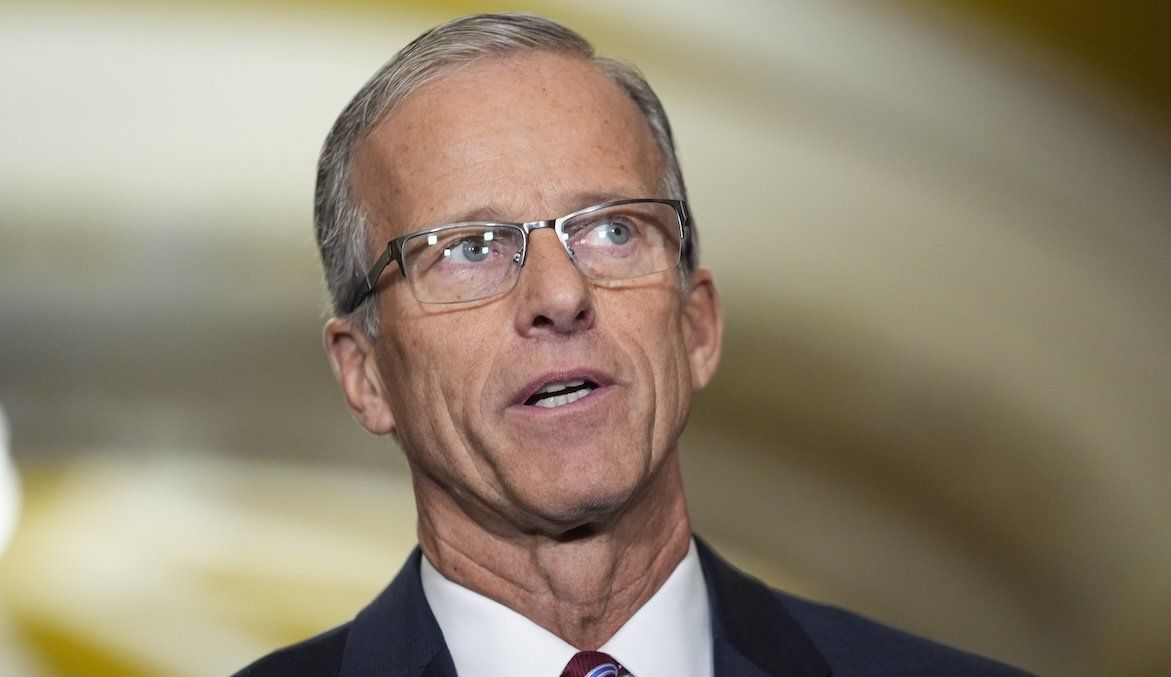Republicans won the
House of Representatives late Wednesday, clinching a trifecta with both branches of Congress and the White House, and ensuring
Donald Trump has a strong mandate to pursue his agenda.
While the final margin is still being determined, the GOP cemented control after winning critical battleground seats in Arizona and California. Republicans, however, will likely have just a slight edge over the Democrats in the House, especially after GOP Rep. Matt Gaetz stepped down yesterday after being nominated to become Trump’s attorney general.
In the Senate on Wednesday, meanwhile, Republicans elected John Thune of South Dakota to serve as majority leader in the next Congress. He succeeds Mitch McConnell, who held the term for 18 years.
The appointment marks a continuation of a McConnell-like establishment Republican leading the Senate, and a pivot away from his MAGA-loyal opponent Rick Scott. Scott, who pitched himself as Trump’s closest ally in the race, came in third behind another traditional Republican, John Cornyn. Thune led after the first ballot, raking in 25 votes while Cornyn won 15 and Scott garnered 13 votes.
What’s first on Thune’s agenda? He will be under immense pressure to approve Trump’s growing list of cabinet picks. “The Senate will move as quickly as possible to confirm Trump’s appointees” says Eurasia Group’s US director Clayton Allen. “Thune recognizes that this will be a key point of (potential) contention with the White House and will work to avoid being pushed into a debate over recess appointments.”
Thune endorsed Trump’s picks to curry favor ahead of the majority leader race, but he “will bristle at actually giving up Senate authority or putting his moderate members in the difficult position of opposing an effort to force recess appointments.”
Beyond approving Trump’s cabinet picks, Republicans are expected to use their united government to expedite their legislative agenda, including tax cuts, loosening of regulations on domestic oil and gas production, and stringent border security measures.
To see all of Trump’s cabinet picks, read our run down here.
